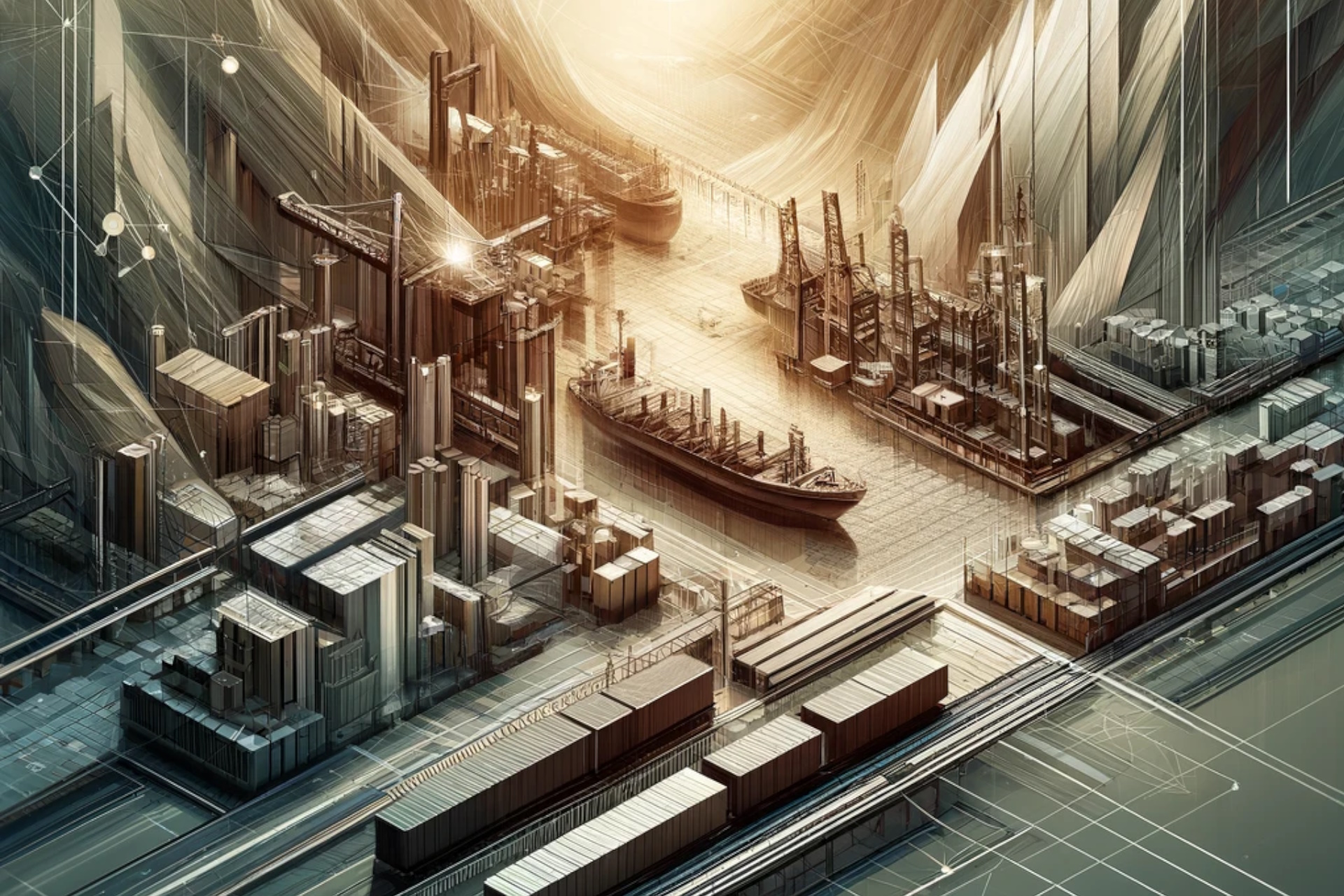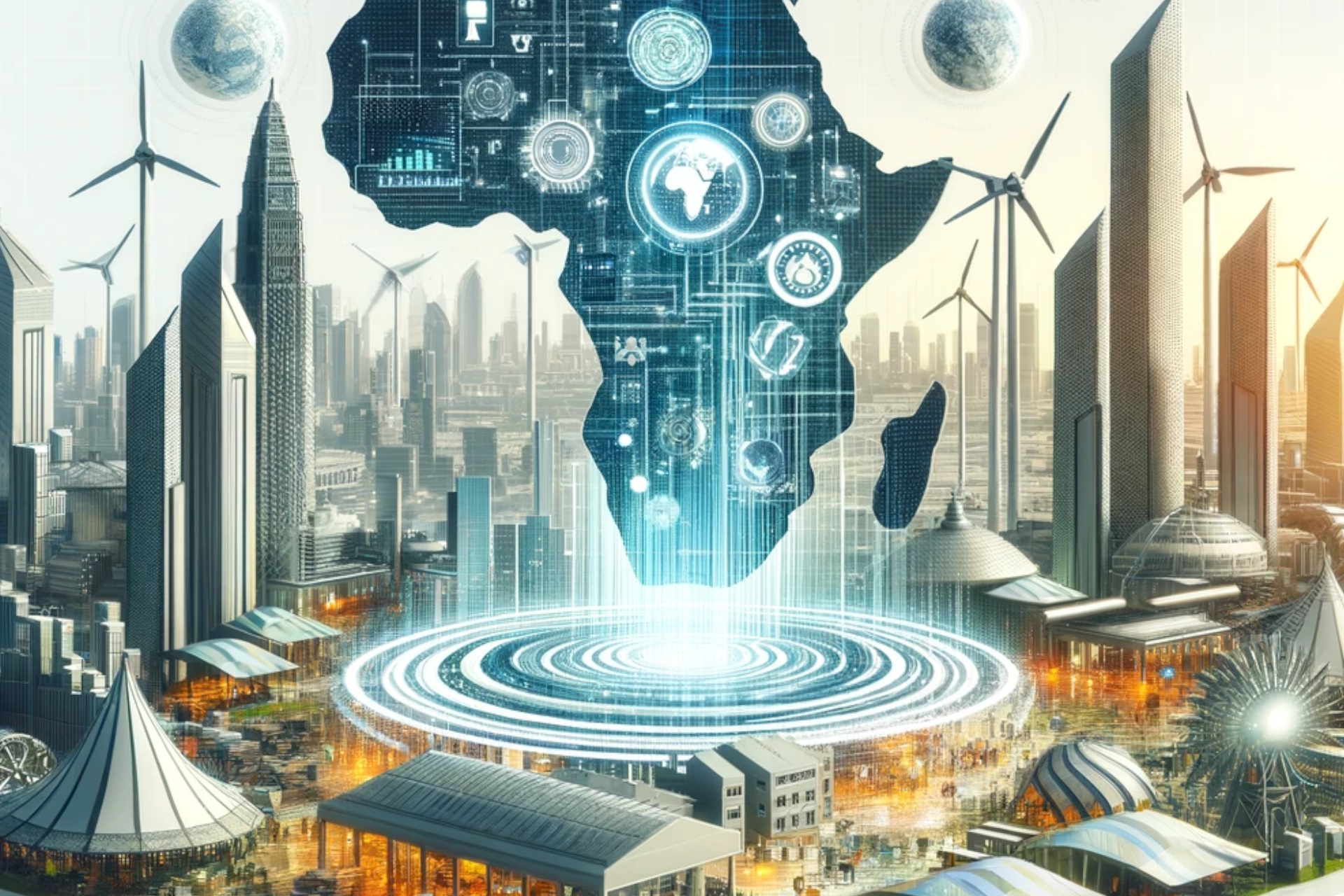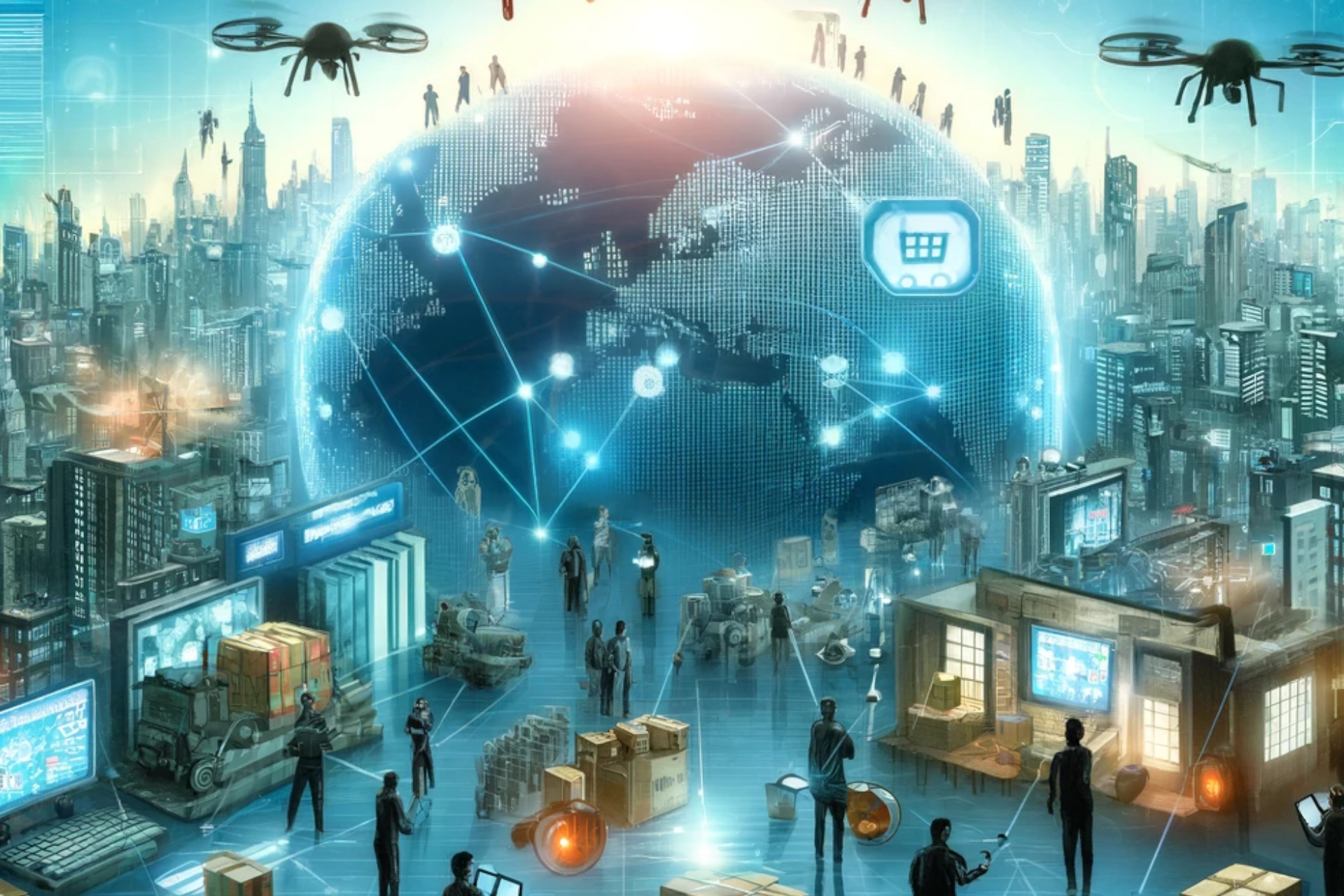Global politics and international trade are deeply intertwined. Trade is a tool of diplomacy, geopolitics shape trade dynamics, and national security concerns influence trade policies. Multilateral institutions play a vital role in global trade governance, but emerging challenges like climate change and human rights further complicate the relationship between politics and trade. Navigating the complexities requires collaboration, diplomatic efforts, and a balance between national interests and global cooperation. Understanding the interplay between global politics and international trade is crucial for businesses, governments, and policymakers to navigate the ever-changing landscape of global trade.
Trade as a Tool of Diplomacy
Trade has long been recognized as a powerful tool of diplomacy. Governments strategically use trade policies to advance their political objectives, forge alliances, and exert influence on the international stage. Trade agreements are not just about economic cooperation; they often reflect broader political goals and priorities. The negotiation of trade deals involves complex give-and-take, as countries seek to protect their domestic industries, secure favorable terms, and advance their geopolitical interests.
Geopolitical Factors: Power Dynamics and Alliances
Geopolitical factors, such as power dynamics and alliances, heavily influence international trade. Major powers leverage their economic might to shape global trade rules and regulations. Alliances and regional blocs, such as the European Union or ASEAN, foster deeper economic integration and strengthen political cooperation. Geopolitical tensions and conflicts can disrupt trade flows, impose sanctions, or trigger trade wars, impacting businesses and economies involved.
National Security Concerns: Balancing Trade and Protectionism
National security considerations often intersect with international trade. Governments may restrict certain trade activities or impose export controls on goods that have dual-use potential or are deemed sensitive to national security. These measures aim to safeguard national interests, protect critical industries, or prevent the proliferation of weapons or technologies. Balancing trade openness with national security concerns is a delicate task for governments, as they must navigate the complexities of global politics while ensuring economic growth and stability.
Multilateral Institutions: Shaping Global Trade Governance
Multilateral institutions, such as the World Trade Organization (WTO), play a crucial role in shaping global trade governance. These institutions provide a platform for negotiation, dispute settlement, and the development of common rules and standards. However, geopolitical tensions and divergent political interests can hinder the effectiveness of these institutions, as seen in recent trade disputes and challenges to the multilateral trading system.
Emerging Challenges: Climate Change, Human Rights, and Trade
Emerging global challenges, such as climate change and human rights, have also become integral to the interplay between global politics and international trade. Environmental concerns, for instance, have led to the rise of green trade and sustainable development agendas. Human rights considerations increasingly intersect with trade policies, as issues like labor standards and supply chain transparency gain prominence. These challenges further complicate the relationship between politics and trade, requiring policymakers to navigate complex trade-offs and ethical considerations.
Navigating the Complexities: Collaboration and Diplomatic Efforts
Understanding the interplay between global politics and international trade is essential for businesses, governments, and policymakers. Collaboration and diplomatic efforts are key to managing geopolitical tensions, resolving trade disputes, and advancing shared objectives. Building strong alliances, promoting dialogue, and fostering a rules-based international trading system are crucial steps toward achieving economic prosperity and political stability in a rapidly evolving global landscape.
Related Information



















































